After the Spring Festival, 54-year-old Aunt Chen suddenly developed a fever and cough. She thought it was a common cold, but unexpectedly, Aunt Chen’s condition deteriorated sharply in just a few days. , the family quickly transferred her to Meizhou People’s Hospital.
But Aunt Chen is very sick. Many tests in the hospital are negative, which means that Aunt Chen is not suffering from ordinary diseases!
At the Meizhou Municipal People’s Hospital, the reporter met Aunt Chen’s son Mr. Huang. He told the reporter that at first, the mother looked like she had a cold, but when she was treated in the local hospital, her condition changed drastically. Quickly transferred to Meizhou People’s Hospital.
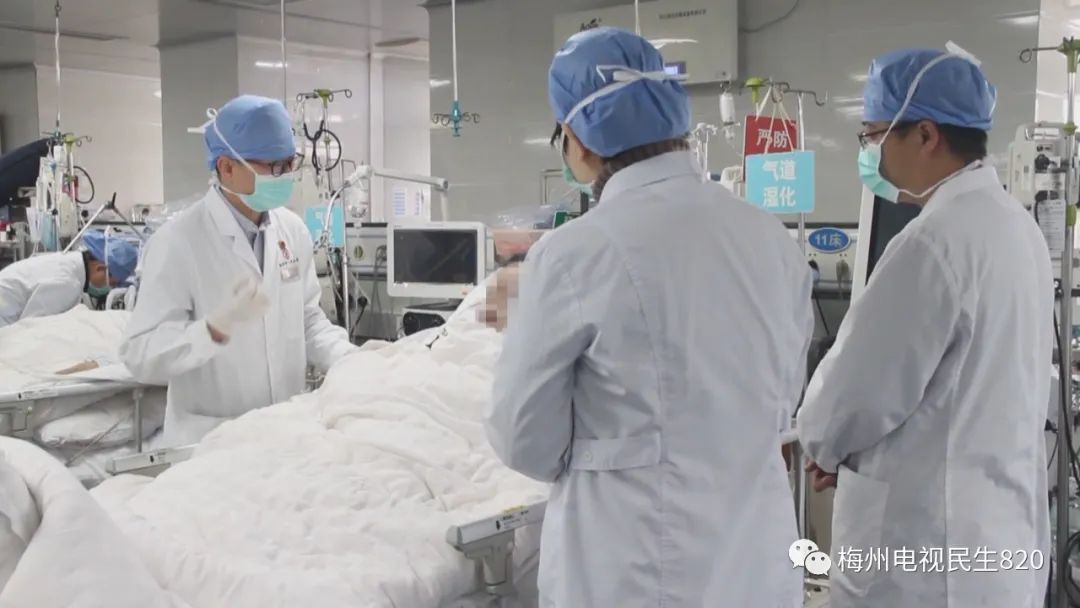
A doctor from the Third Department of Critical Care Medicine of Meizhou People’s Hospital told reporters that at that time, the patient’s breathing was very short and his blood oxygen was also declining. Considering that his condition was critical, he was immediately intubated and connected to a ventilator to assist ventilation. Oxygenation, and then intensified treatment such as anti-infection.
A doctor from the Third Department of Critical Care Medicine of Meizhou People’s Hospital told reporters that Aunt Chen’s cause was unknown and her condition was rapidly deteriorating. While stabilizing the condition, doctors must race against time to detect the source of the disease in order to “prescribe the right medicine”.
After blood culture, sputum culture, and respiratory tract infection index tests, the results were all negative, which means that Aunt Chen’s disease is unusual!
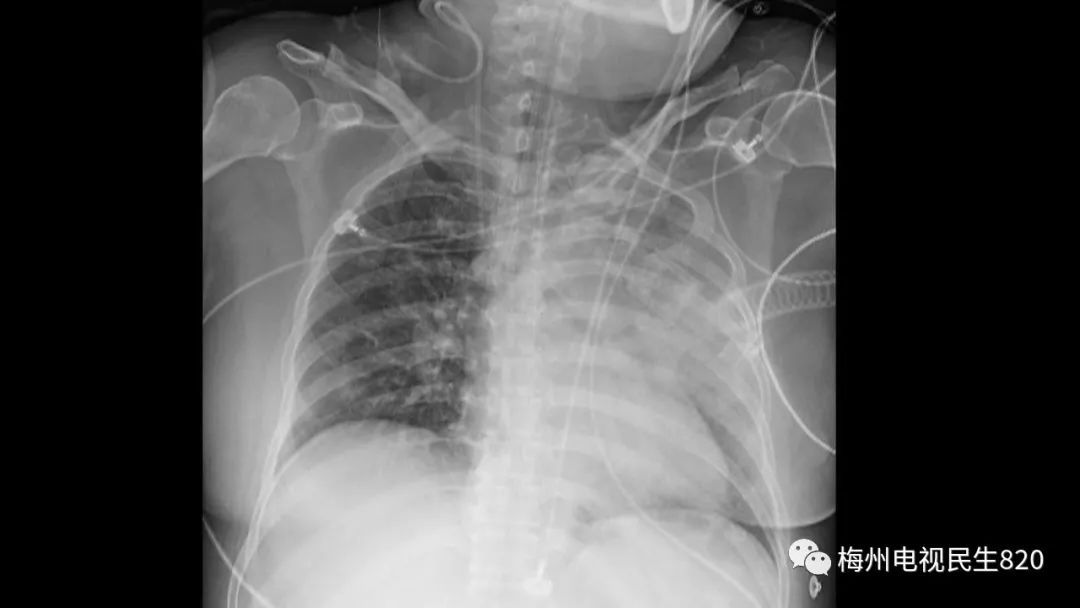
The doctor told reporters that the family members were also asked at the time, and the family members said that there was a history of contact with poultry, and immediately suspected that the patient should be caused by a special pathogen. At that time, she suggested that her sputum be taken out and sent for genetic testing.
The sputum was re-sent for genetic testing. Did the doctors find anything? Dr. Zeng told reporters that when he heard that the patient had a history of contact with poultry, a bold speculation came to his mind! Could it be a chlamydia infection?
The doctor told reporters that many etiologies of severe pneumonia infection are difficult to detect. In recent years, the central laboratory of Meizhou People’s Hospital has introduced high-throughput gene sequencing, which has significantly improved the diagnostic rate of etiological detection.
Aunt Chen’s sputum was found to be the source of the disease after genetic sequencing. Aunt Chen was finally diagnosed with Chlamydia psittacosis.
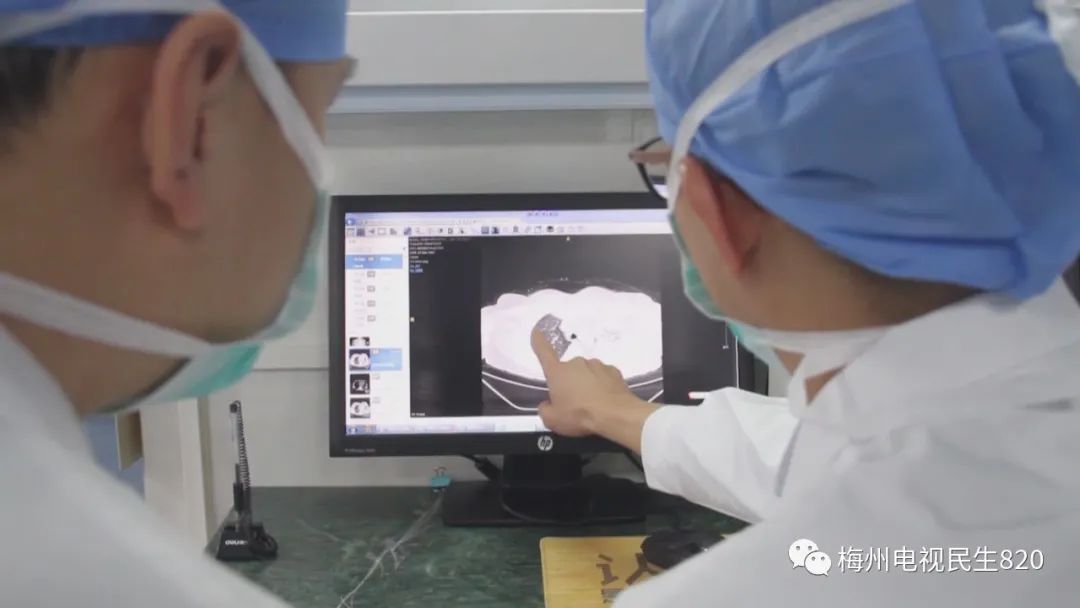
As for the cause of the mother’s illness, Mr. Chen said that the mother did not usually wear a mask, and it may have been infected when she bought chickens and ducks.

The doctor told reporters that thanks to the new medical technology introduced by the hospital, they could accurately find out the cause of Aunt Chen in such a short period of time. After the “culprit” was found, they quickly adjusted the treatment plan, and Aunt Chen’s condition soon began to improve.
Because she was not properly protected when she came into contact with poultry, she was infected with Chlamydia psittacosis. Aunt Chen experienced such a dangerous condition. What kind of disease is this?
The doctor introduced to reporters that parrot fever is also called bird disease. It is called “parrot fever” because people who often get sick are those who watch parrots. But it is not only carried by parrots, other birds and poultry may cause this infection, especially when people’s immunity is weakened, the possibility of infection is even greater.
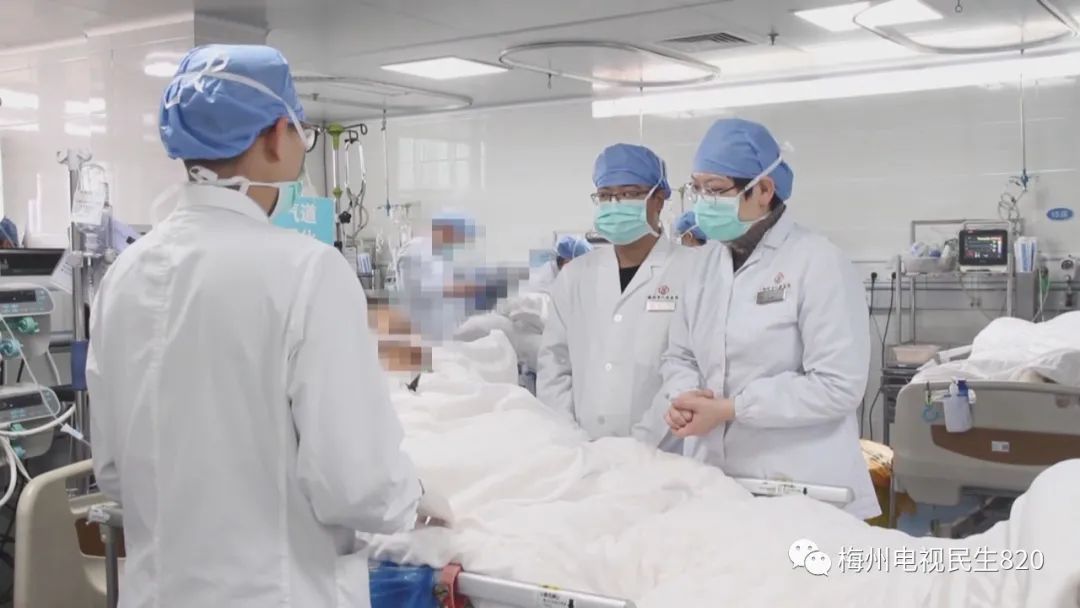
The doctor’s advice: Birders or those who have poultry at home must pay attention to hygiene, practice regular hygiene, wear masks and gloves when touching feces, and strengthen indoor ventilation to prevent moisture.
If you have fever, sore throat, headache, or soreness in the limbs, it is recommended to seek medical attention in time. The key is to provide the medical doctor with the contact history.
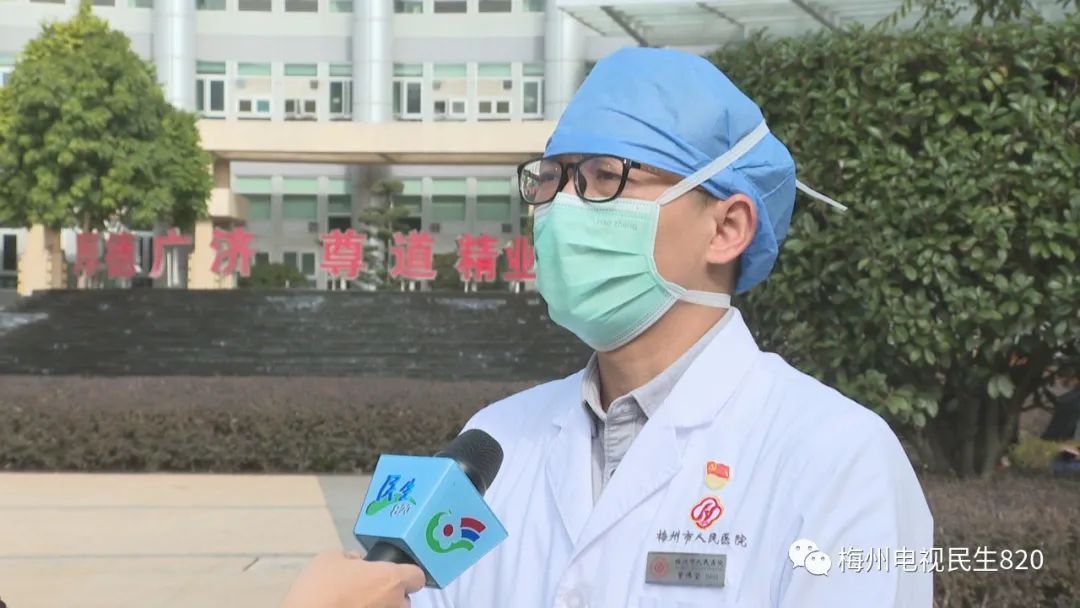
The reporter learned that Chlamydia psittaci mainly causes human respiratory diseases, mostly acute onset, with clinical manifestations such as fever, sore throat, cough, headache and myalgia.
The incubation period is 6-15 days, up to 40 days. If this disease cannot be diagnosed and treated in a timely and accurate manner, the prognosis is often poor.
Everyone should avoid direct contact with live poultry, especially some housewives, they should take precautions when touching live poultry, and the edible poultry should also be cooked thoroughly.
(Meizhou TV Minsheng 820 reporter: Wan Chao, Chen Yang Correspondent: Chen Junhong, Yang Wenwei, Li Yong)